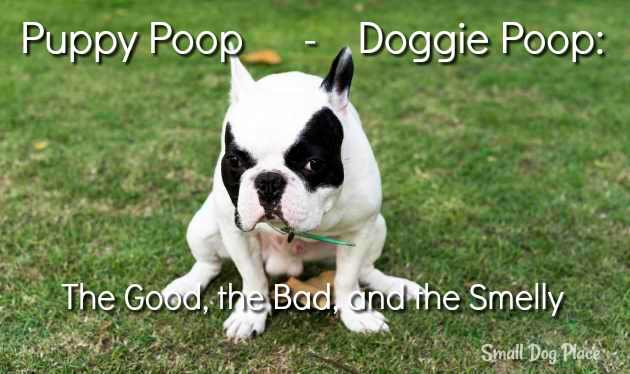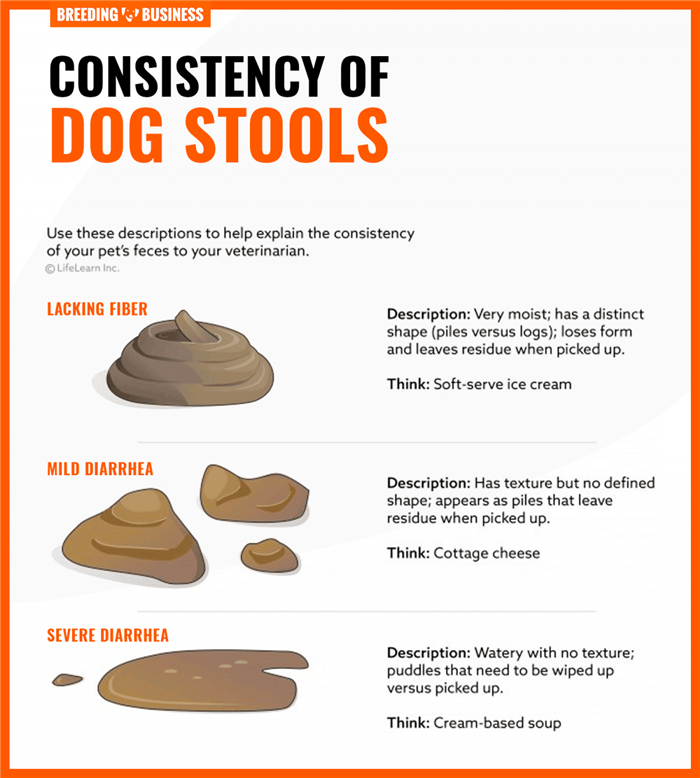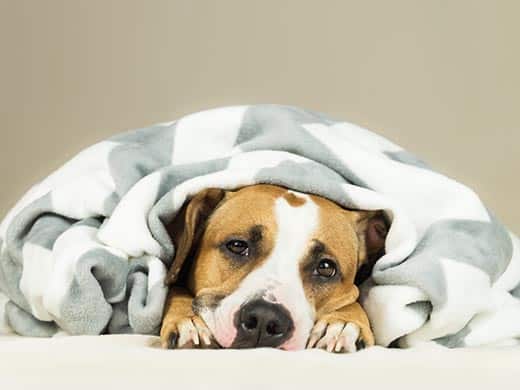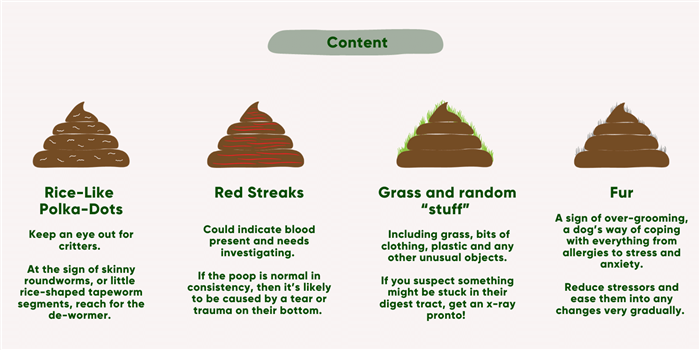In patients with chronic diarrhea, many veterinarians will treat pets for parasites to ensure they have eliminated that common cause. Fortunately, many heartworm preventatives will also prevent several of the intestinal parasites.
If your dog has diarrhea on and off for several days, or if you find blood in the stool, be sure to take him to the vet to find out the underlying cause.
Food intolerances can cause diarrhea, and some dogs seem to have difficulty tolerating certain foods including beef, pork, chicken, horsemeat, fish, eggs, spices, corn, wheat, soy, gravies, salts, spices, fats, and some commercial dog food. Food intolerances are not to be confused with food allergies, which can cause dermatitis and vomiting, but seldom cause diarrhea.
Should I be worried? Most cases of diarrhoea or vomiting tend to be short, lasting up to 2 days, or perhaps slightly longer. They will often clear up on their own, so you may well not need to visit a vet.
If your dog continues to do well other than diarrhea, three to four days of at-home treatment is appropriate.

Top photograph: © DieterMeyrl | iStock / Getty Images Plus.
Q: How much does fenbendazole cost?
Soluble fiber may be found in oat bran, barley, certain fruits, and beans. Insoluble fiber is a type of fiber that provides bulk to your diet. It has the ability to speed up the digestive process. Whole grains and vegetables are good sources of insoluble fiber.
Another remedy is a little bit of Pepto-Bismol or Pepcid crushed and mixed with water (the amount will depend on your dog’s weight — consult your veterinarian). It is possible that these products’ manufacturers may change their formulas over time and may not be as safe as they once were for pups. As with any treatment, always consult a vet before proceeding with treatment. Learn more about Pepto Bismol for dogs.
Slobbering is a common sight with dogs. Excessive slobbering, along with panting, can indicate an underlying condition such as nausea, stress, or pain. These conditions are treated with ease but if the situation worsens, consult a veterinarian to get your dog proper care and attention.
For more information, please see Vitamin Toxicity in Dogs.
All adult dogs eventually suffer from diarrhea, and sometimes puppies may have loose stool too. There are several reasons why and you can manage diarrhea with a bland diet, or it may mean a trip (don’t walk but run) to the vet.

The most common reason for dog diarrhea is probably dietary indiscretion, meaning your dog got into something he shouldn’t eat, or got into the garbage and ate some rotten food. In addition, there are many more causes for dog diarrhea including:
We can’t stress this enough, if your dog has ingested something poisonous, you should forget everything you think you know about what to do in this scenario.
Infections
You can also give some pre and probiotics to help with maldigestion, especially diarrhea issues.
Metronidazole for dogs is not FDA-approved, but most veterinarians consider it safe for use in dogs.
Leptospirosis is a common waterborne disease caused by the bacteria Leptospira. Many strains of Leptospira are found worldwide, but it is most usually found in warm areas with high rainfall. The bacteria can infect both humans and dogs, though is more common in dogs. Dogs at highest risk are those who routinely swim in stagnant bodies of water, rivers, lakes, and streams. Infection usually occurs when a mucous membrane or cut comes into contact with contaminated urine or water.
The bacterial population in the colon is about 10 times more dense than that of the small intestine. These bacteria, often referred to as good or helpful bacteria, take fibers that were undigestible to the host and actually process them into biochemicals that provide nourishment to the colon cells.

Not all prey meats have the same fat content and feeding your dog with fattier meats can cause diarrhea.
Some of the ways by which you can treat diarrhea of dogs are:
In this guide, we highlight some of the most common causes of sudden death in dogs, so you can be aware and do everything within your ability to avoid losing your furry companion.
There are few things more frustrating than a dog who won’t eat. I discovered how hard this can be on an owner when my Nattie suddenly stopped eating at age 14. I tried every trick I could find to tempt her to eat, while my veterinarian did test after test trying to discover the cause of her sudden lack of interest in food. And I couldn’t help feeling rejected when she turned down the meals I so lovingly prepared, making the experience even more stressful.
The best way to prevent vomiting is to keep your dog away from things it should not eat, lick, or chew. However, there are times when you may not be able to prevent vomiting in your dog. Illnesses can occur with no known cause, and many dogs are skilled at grabbing up and swallowing things from the ground faster than you can react. Fortunately, there are a few things you can still do to minimize the risks.
Let’s not make that happen… ever.
Once you’ve discovered your dog has blood in their stool, Dr. Megan Teiber, DVM, says, “it is helpful to withhold all food and treats for 12 to 24 hours to give (your dog’s) system a break. Then feed a bland diet of plain, boiled chicken and white rice.” She also suggests using probiotics “from a trusted brand that is made specifically for dogs.”
“Normally, anal glands produce a watery to waxy discharge that is brown to greyish in color. If the material looks like watery pus, this can be a sign of infection of the glands, a common reason for the dog’s inability to express them on their own. If you notice this type of discharge, your pet should see the vet as soon as possible. Leaving this untreated can cause rupture of the gland through the tissue of the rectum.”~Dr. B
If your dog won’t eat, there are several underlying reasons this could occur. The following are the most common causes of a dog not eating food that I diagnose as a veterinarian.
Should this popular over-the-counter medication be the first choice for your dog?
Three Common Causes of Diarrhea in Puppies
How Much Pumpkin to Give a Dog with diarrhea? (Step by Step Instructions)
I suspect you know the answer to this. Phrased another way, the important question is,
The vast majority of these accidental intoxications can be successfully managed with early treatment. For poisonings, the best outcomes involve seeking immediate advice from your veterinarian followed by aggressive, proactive treatment, if necessary. Your vet may suggest making the animal vomit if ingestion just occurred, but your pet may also need intravenous fluid support or treatment with specific medications and antidotes to combat the toxin. Always check with your veterinarian before starting any treatments to neutralize the poison.
Dec 29, 2015 … Diarrhea can be a dangerous problem for dogs. … I think it is best to go with multiple smaller meals (say 4 a day) of something that’s easily digestible. … generally , if your dog had one somewhat soft stool but is still happy, …
Causes of excessive dog drooling
What’s the Procedure for Neutering a Dog?
Earle Nave is a wildlife conservationist and television personality. He is 27 years old, and he has dedicated his life to helping animals. He has been featured on numerous TV shows, and he is one of the world's leading experts on animal behavior. He has worked with some of the world's most endangered species, and he has helped to protect many of them from extinction. Earle is also an accomplished author, and he has written several books about wildlife conservation.

